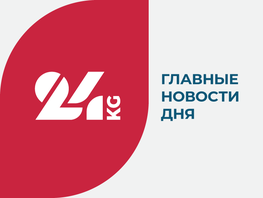Nurbek Sydykov, a lawyer at Media Policy Institute, explained today at a round table discussion of the risks and violations in consideration of the president’s objections to the law on Manipulating Information by the Parliament why this document should not be adopted.
According to him, the sources of funding have not been determined that is a violation of the requirements of the Constitution. «It also violates international standards. One wording that every owner of a website, a page must indicate their data in order to send a message is unacceptable. The right to privacy on the Internet is not exercised through identification. The whole world points out that there must not be identification. We want to regulate this at the legislative level. We are formalizing a norm that will not work,» the lawyer said.
The head of the Media Policy Institute, Begaim Usenova reminded that there is another important aspect that poses a direct threat to freedom of speech — the conciliatory group on overcoming the president’s objections includes deputies and employees of the State Committee for National Security. There are no experts, no media representatives, no civil society.
The deputies approved the resonant document on June 26. At least 79 members of the Parliament voted for it. Civil activists, domestic and international human rights activists demanded from the President Sooronbai Jeenbekov to veto the bill of Gulshat Asylbaeva, which threatens freedom of speech in the republic. However, under the Constitution, the head of state does not have an absolute veto right.
Jeenbekov returned the controversial law to the Parliament for revision in July. A group for overcoming the objections was formed.
Earlier, media experts and lawyers have repeatedly stated that the law is dangerous, since it does not contain specifics and explanations of what a fake, inaccurate or dangerous information is, and it is discriminatory.






